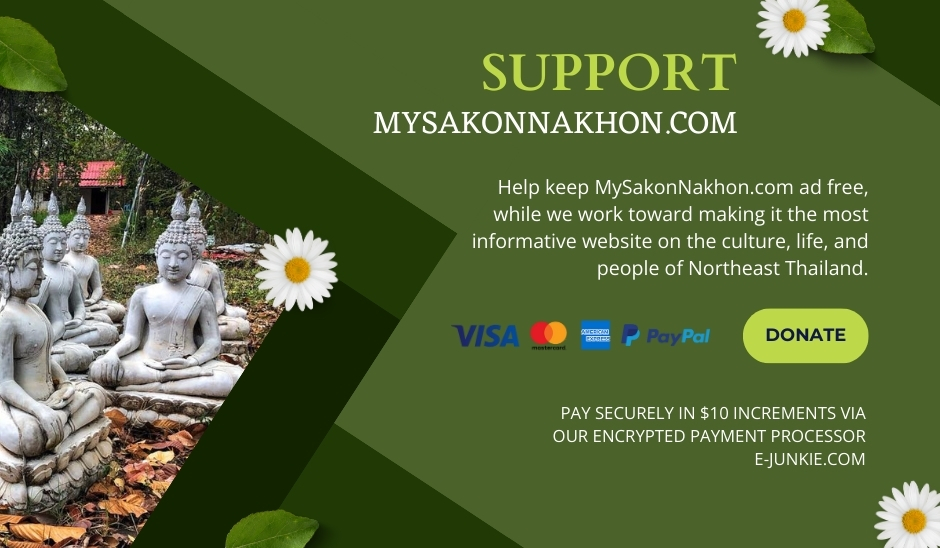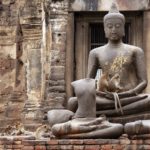
Thai Personality (Character) is Shaped by the Language

The people of every country have a unique personality or character. The French are different from the Germans, and Germans different from the Italians. Japanese people are different from Koreans, and Koreans different from the Chinese. And so it goes all around the world. Of course, there is great diversity of personality among individuals in every country. But few would disagree that every country has a collective personality (or national character) that is all its own. And perhaps no country’s personality is more distinct than Thailand’s — the Land of Smiles.
What is it that creates a country’s personality? In part it is the virtues and norms of behavior that a people embrace, as we discussed previously in our post about Saving Face in Thailand. When a country no longer shares common virtues and behavioral norms, the culture disintegrates and conflict becomes the norm, as we currently see happening in the United States and England.
Another driving force of a country’s personality is its language — for we think in words, and how we interact with others, and make sense of the world, is inextricably linked with the language we speak.
Thailand’s national character is built upon a condensed language with a grammatical structure much simpler than European languages or an Asian language like Japanese. For example, a simple question such as “Where are you going?” is 4 words in English and two words in Thai: pai nai (ไปไหน). That’s 50% fewer words. We would estimate that most casual conversations in Thai involve at least 50% fewer words (to get a particular point across) than conversations in many other languages.
Thai is also a monosyllabic language. That means words are predominantly composed of a single syllable, with two single syllable words often being joined to form a new word. For example, the Thai word for “refrigerator” is dtôo-yen (ตู้เย็น), which is composed of the word dtôo (ตู้), which means cabinet, and yen (เย็น), which means cool. Thus a refrigerator in Thai is literally a “cool cabinet”.
These two aspects of the Thai language merge to form thoughts that often are more based on the physical senses than abstract ideas. In other words, Thai people live more frequently “in the world” than “in their head,” which helps explain the famously high value that Thais place on food, fun, and beauty — as well as why they smile so much.
Our guess is that the word sŭay (สวย), which means beautiful, is the most frequently used adjective in the Thai language — written and spoken at a rate much higher than most (if not all) other languages. It is very common for Thais to ask if you think someone or something is beautiful, and to describe things as beautiful versus using some other adjective or long description.
Many tourists are a bit surprised how often they are asked if they think someone is beautiful, especially when asked directly: sŭay măi (สวยไหม), “Do you think I’m beautiful?” — a question they would never be so bold to ask a stranger. However, note that the Thai phrase “sŭay măi” is only two words, with the pronoun dropped.
Linguistic experts say the reason Thais drop pronouns is that they can be inferred from context. While this is true to a point, it doesn’t explain why Thais do this and other nationalities don’t. Because the fact is that all languages could similarly drop pronouns and have them inferred by context.
The real reason for pronouns being dropped in Thai is that it makes questions like “sŭay măi” less personal, less focused on me, you, him, her, etc., and thus much easier to ask without embarrassment. A Thai will almost always reply to such questions with a heartfelt “sŭay!” (beautiful!) and so play their part in sustaining the beauty of the Thai personality that the rest of the world loves.
Learn more about the Thai personality in our post: What Does Greng Really Mean?
- The Hidden Dharma of Thai Language & Culture - May 11, 2024
- The Royal Ploughing Ceremony in Thailand – A History - May 8, 2024
- Dying Well the Buddhist Way in Thailand - May 7, 2024




